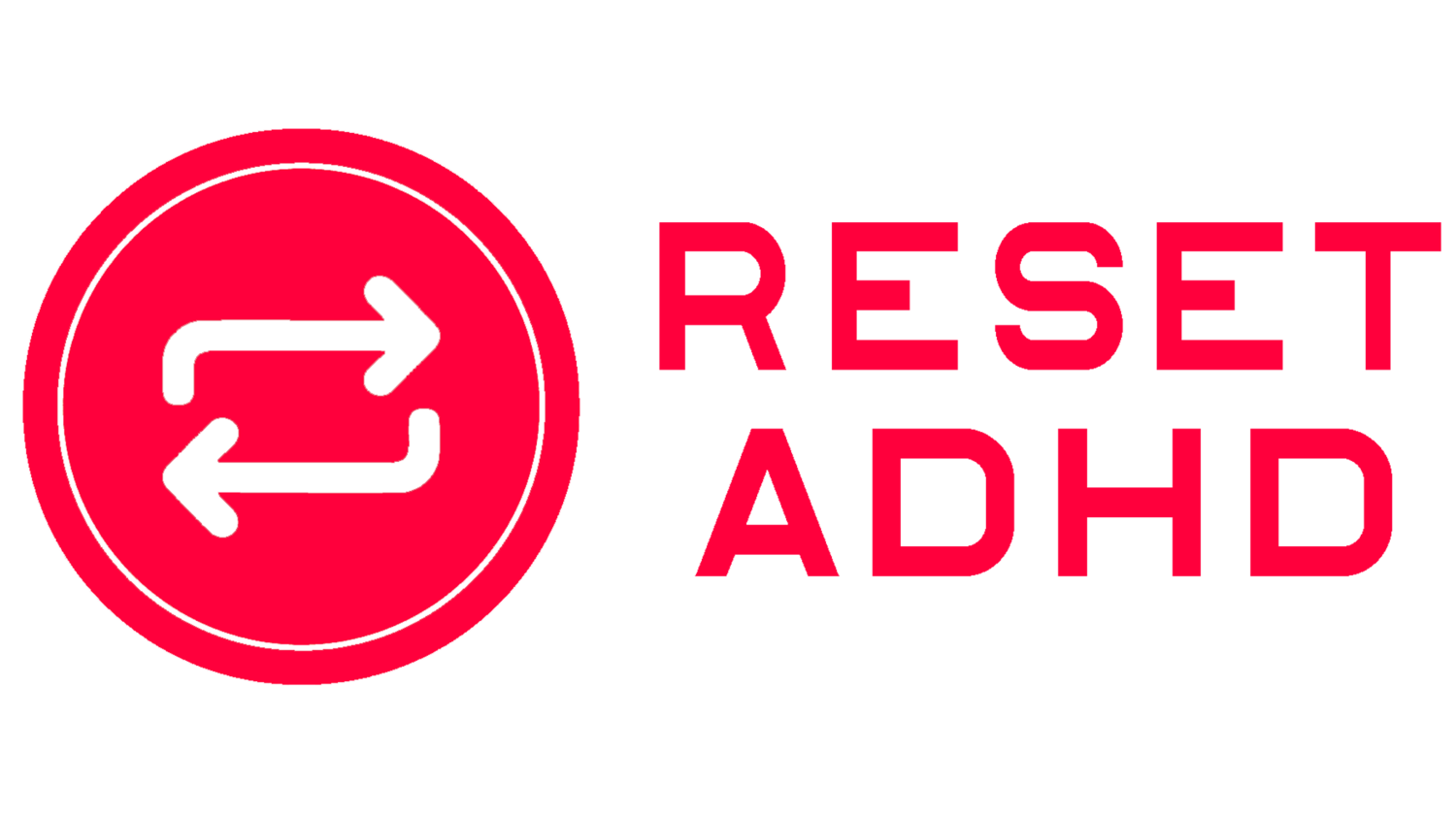ADHD Medication: The Basics
First of all, I am not a doctor, so I am not an expert on medication. All medication decisions must be made under the supervision of a doctor. Having said that, though, many doctors do not know much about ADHD. It can be helpful to research medication options before talking to your doctor. I hope my comments help as a starting point in your research.
Don’t Shy Away from Medication
Medication is the only treatment plan for ADHD that has been scientifically proven to lessen the severity of ADHD symptoms. Yes, coaching and other interventions can help manage symptoms, but when it comes to lessening their severity, only medication has been found to do that.
Round up the Usual Suspects
The two main types of medication for ADHD, amphetamine (common brand name: Adderall) and methylphenidate (common brand names: Ritalin and Concerta). Both are stimulants and do close to the same thing. Both are also available in an immediate-release and extended-release form. The extended-release ones are usually preferable. They provide a steady dose of the drug throughout the day. The immediate-release ones do not provide coverage as long as the extended-release ones. That means taking several pills throughout the day, and that is less than ideal for a population of people who struggle with working memory.
The JV Squad
Okay, calling them the JV makes the next group of drugs seem less effective. The truth of the matter is certain medication work better for different people. Amphetamine and methylphenidate are the ones that have been most often found to be effective, so they are tried first. However, there are some non-stimulant medication options like Daytrana, guanfacine, or clonidine. Some doctors might also try an antidepressant like Wellbutrin. It all depends on to what the individual with ADHD best responds.
Side Effects
All medications come with the possibility of side effects. The good thing about stimulants’ side effects is that, because stimulants are only in a person’s system for a short time, the side effects go away once the medication is out of a person’s system. If the side effects of your stimulant medication are getting to be too much for you, they will go away as soon as you stop taking them.
Pillz Don’t Teach Skillz
There are some people for whom medication does not work. For most people, though, medication is the best option. However, medication only levels the playing field. Those with ADHD and on medication still need to learn how to manage their daily life. There are some in the ADHD field that are fond of saying, “Pills don’t teach skills.” Even with medication, you will need to employ strategies to ensure your ADHD is not preventing you from living the most fulfilling life possible. Coaching is an option to consider and is something that can be done along with medication to manage ADHD.

